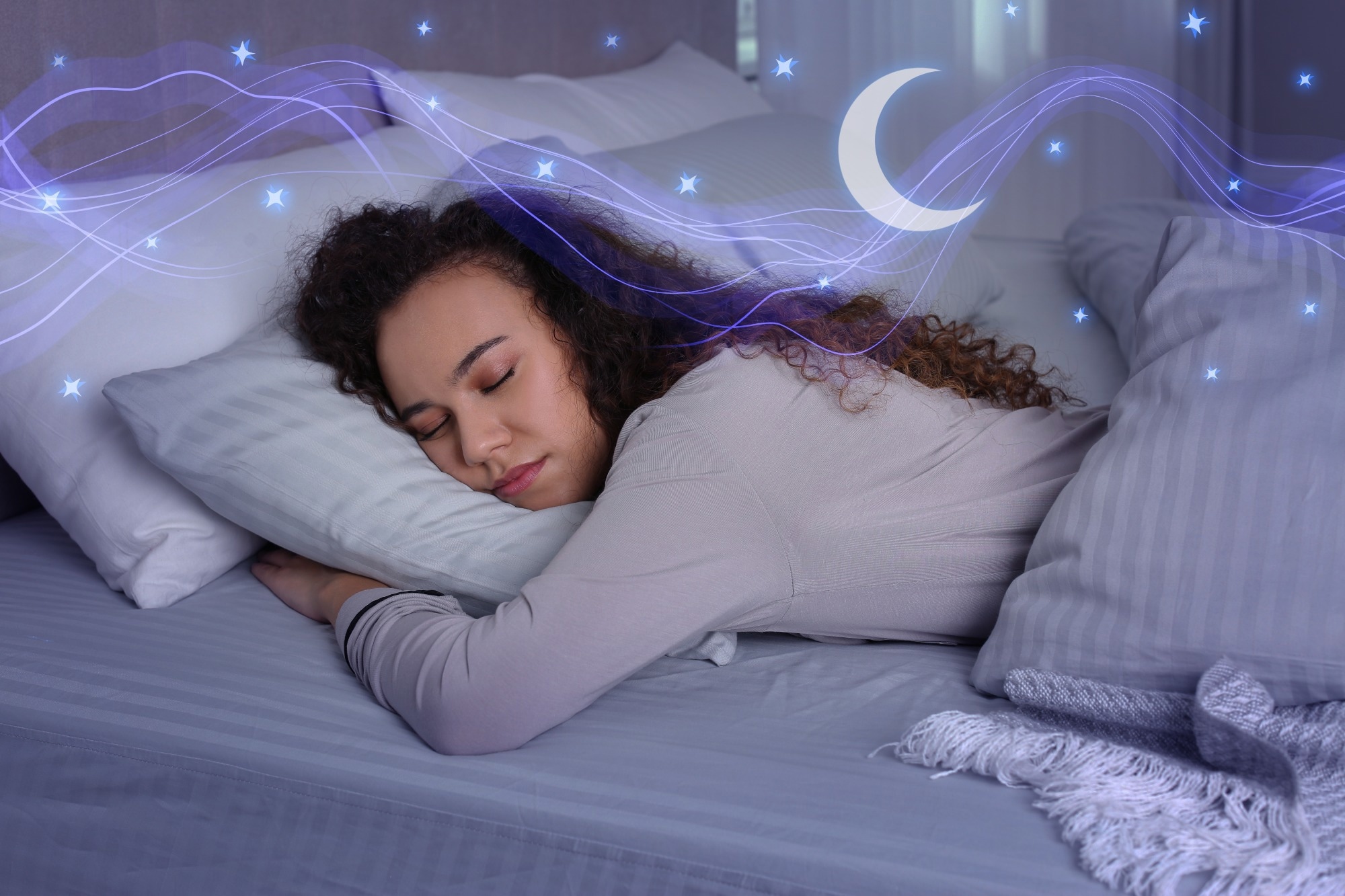This study investigates how blindness affects sleep, dreams, and spatial awareness, revealing links between circadian rhythms and cognitive...
Vous n'êtes pas connecté
 - Times of India - Education - 08/Jul 11:48
- Times of India - Education - 08/Jul 11:48
Sleep, study, repeat: The science behind better learning habits
Scientific research reveals a strong connection between sleep patterns and effective learning. Adequate sleep supports memory consolidation, cognitive function, and academic performance. Studies from institutions such as the University of Oxford and King’s College London show that aligning study routines with natural circadian rhythms and incorporating spaced revision strategies lead to better outcomes. Quality sleep, combined with structured study habits, plays a vital role in helping students retain information and perform consistently across academic settings.
Articles similaires
Online fitness coach shares 7 habits that will 'literally melt fat off your body': Eat ...
The habits we adopt during our weight loss journey play a crucial role in accelerating fat loss. Consistently following structured routines,...
How Can I Do Better at School? A Christian Teen’s Guide to Academic Growth, Godly Habits, and Lasting Success
This content emphasizes navigating academic challenges with a positive attitude, belief in oneself, and effective study habits for success.
These evening foods and drinks could harm your brain health and increase Alzheimer's risk
Evening habits influence brain health. Alzheimer's disease is a major concern. Avoid heavy meals before bed for better sleep. Sugary drinks increase...
6 popular CBSE schools in Bengaluru recognised for consistent academic performance
This article highlights six CBSE (Central Board of Secondary Education) schools in Bengaluru known for their consistent academic performance,...
More Bed Rest After Stroke May Harm Memory and Cognitive Health
Highlights: Longer bed rest after stroke is linked to poorer memory and brain changes Sleep patterns play a key
More Bed Rest After Stroke May Harm Memory and Cognitive Health
Highlights: Longer bed rest after stroke is linked to poorer memory and brain changes Sleep patterns play a key
Why afternoon sunlight could be keeping your teen awake at night
Bright afternoon and early evening light exposure in adolescents leads to lower melatonin levels and delays circadian rhythms, instead of protecting...
Thinking Machines, Forgetting Minds: The Cognitive Cost Of AI-Assisted Learning – Analysis
A decade ago, if someone had claimed machines would soon draft essays, debug code, and explain complex theories in seconds, the idea might have...
Pen vs keyboard: Study finds handwriting wins for learning and recall
Research indicates that handwriting enhances learning, memory, and creativity compared to typing. Studies from Princeton and UCLA reveal that...
Les derniers communiqués
-
Infinite Uptime Unlocks Production Reliability for Heavy Industries with PlantOS™ at Global Steel Dynamics Forum
Infinite Uptime - 18/06/2025
-
Majra – National CSR Fund Honours Top 20 CSR Projects At Inaugural Sustainable Impact Challenge 2025
National CSR Fund - 05/06/2025
-
Aatmanirbhar Bharat: Raksha Mantri approves Advanced Medium Combat Aircraft Programme Execution Model through industry partnership
Ministry of Defence - 27/05/2025
-
Government Restores RoDTEP Benefits for AA, SEZ, and EOU Exports
Ministry of Commerce and Industry - 27/05/2025
-
Coal Imports During FY 2024-25 Drops by 7.9 % Compared to FY 2023-24
Ministry of Coal - 27/05/2025
-
India Records USD 81.04 Billion FDI Inflow in FY 2024–25
Ministry of Commerce and Industry - 27/05/2025
-
Happiest Health Launches Happiest Physio Clinic in Koramangala, Bengaluru
Happiest Health Systems Private Limited - 26/05/2025
-
Shieldworkz Expands OT Cybersecurity Offerings to Tackle Emerging Threats and Posture Management Needs
Shieldworkz - 23/05/2025
-
Kailash manasarovar yatra to begin in june; computerized draw selects 750 pilgrims
Ministry of external affairs of India - 21/05/2025






